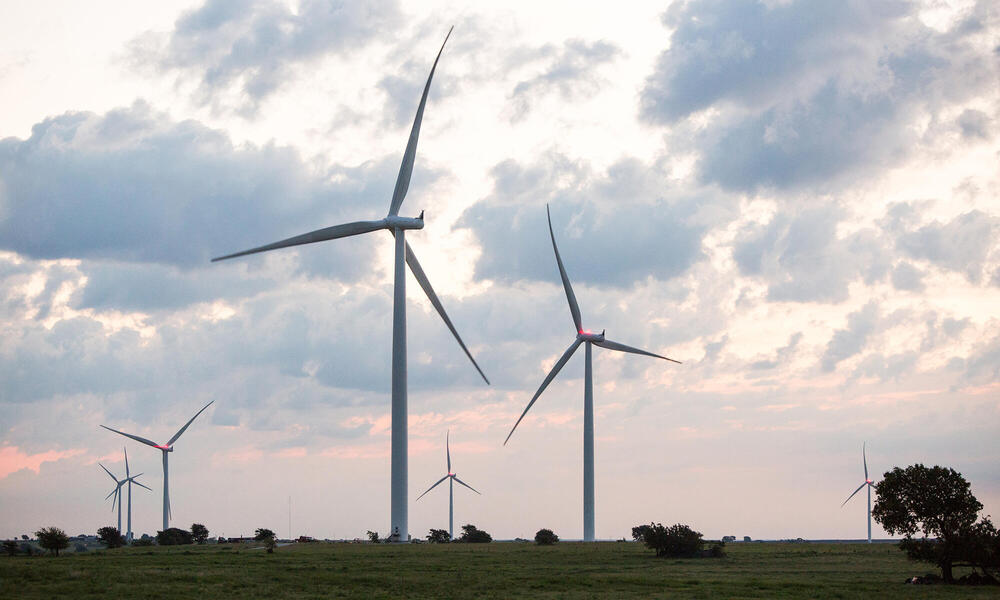The investments we need to make in the planet, in order to secure our continued future on this planet, are available to us right now. And unlike your 401K, you don’t have to wait to reap the benefits. Building out renewable energy to replace fossil-fired power, and modernizing our electric grid not only means we’re breathing cleaner air, but it creates jobs and enhances our energy security. And when we harness the power of nature to sequester carbon by managing our forests, farms, and grasslands better, we’re not only fighting climate change, we’re also improving habitat for the species we love and enhancing soil quality on our nation’s farms.
But getting the ball rolling on effective climate solutions requires strong policy, particularly at the federal level. We need Congress to pass comprehensive legislation that will help speed up the transformation of our economy and spark the ingenuity and innovation that is going to bring climate solutions to our communities. And we need a strong focus on equity so that as the marketplace shifts, the benefits that we’re creating from our investments are available to everyone. The climate and energy provisions currently being considered as part of the reconciliation bill process are critical if we are going to get to net-zero by 2050 and avert the worst impacts of global warming.
The kind of investments we need to make are not slow drip, long-term commitments where we wait for things to manifest over time. We need to make big bets on our future in every sector of our economy, and we need to mobilize every segment of our society. And we need to commit ourselves, our capital, our resources, and our energy to this effort right now. If we don’t, we stand to lose more than we can afford. Climate change is a “pay me now or pay me later” proposition—we can invest significantly in climate solutions now or pay even more to recover from climate disaster later.
The smart money this Earth Day says we should invest in our planet, and in climate solutions, today.
